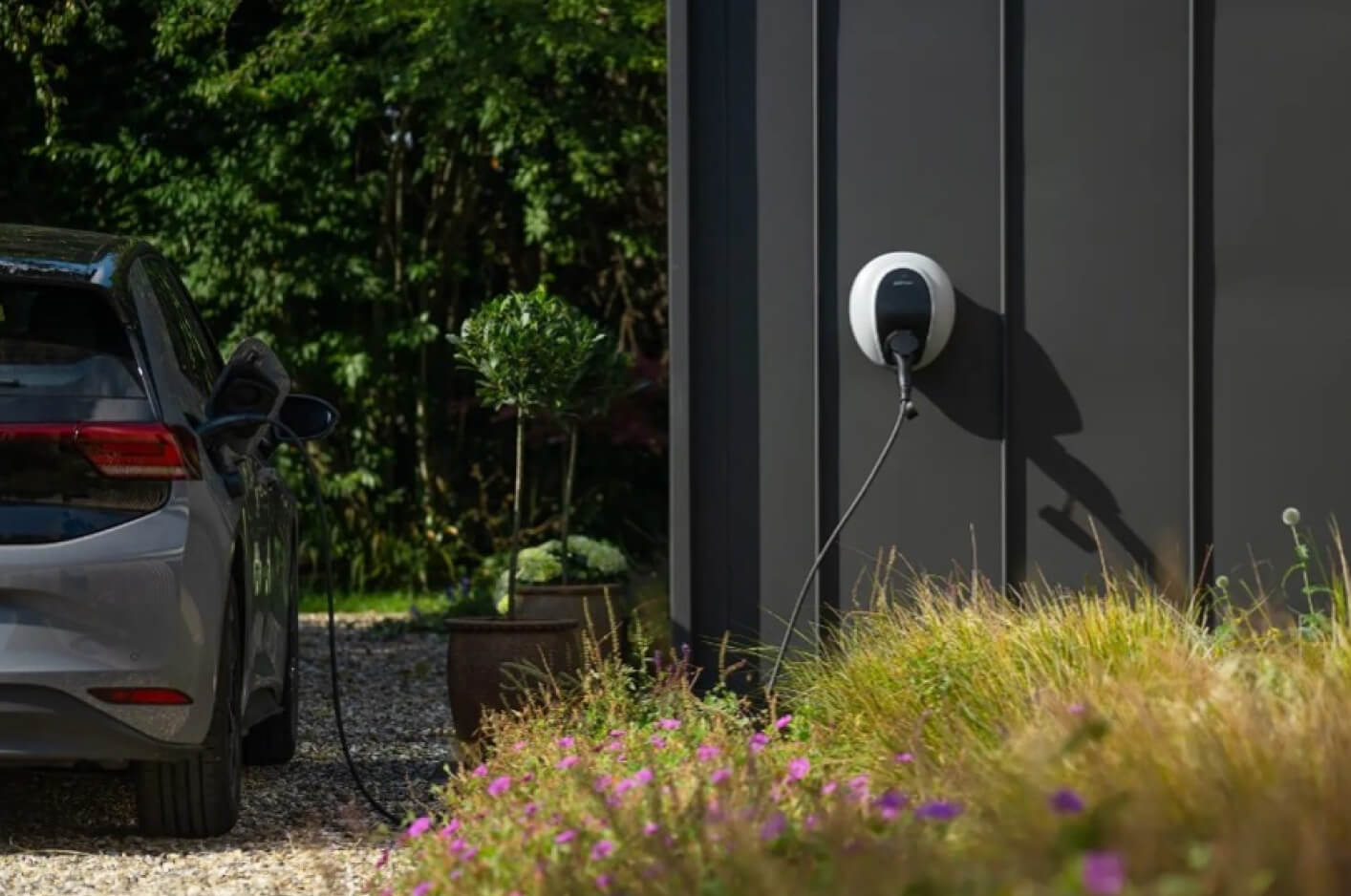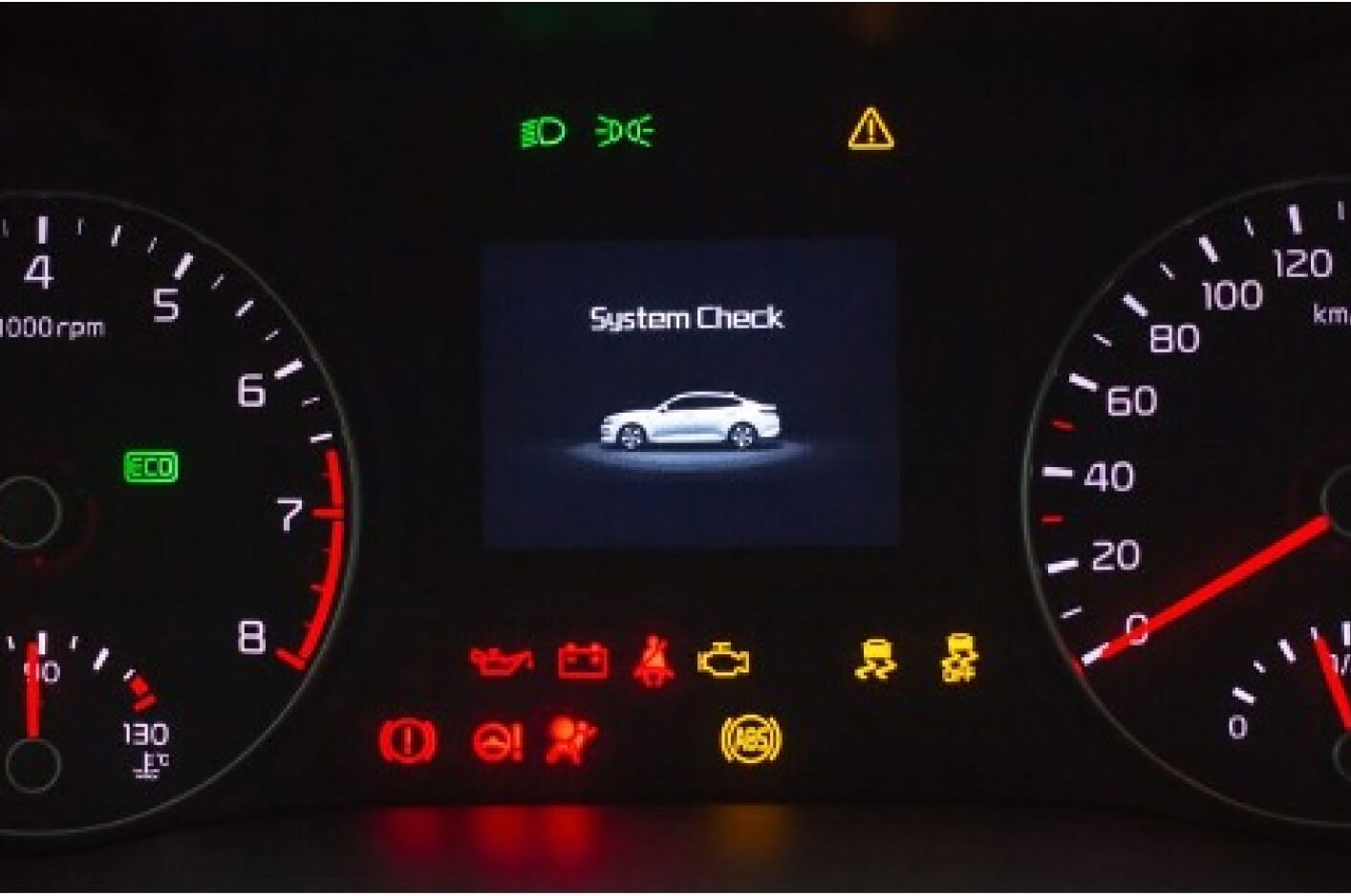23 November 2017
Budget autumn 2017 - what it means to you
Chancellor of the Exchequer Philip Hammond delivered his second Budget speech on Wednesday 22nd November, 2017.

Below we highlight the Chancellor’s key Budget measures that will impact on the company car and van sector.
Company car benefit-in-kind tax
Two measures were announced in the Budget that impact on company car benefit-in-kind tax:
- A rise in the existing company car tax diesel supplement from 3% to 4%, with effect from 6th April 2018.
- Carbon dioxide (CO2) figures compatible with the current New European Driving Cycle (NEDC) test procedure will be used by HM Revenue and Customs for the purposes of collecting company car tax until April 2020. The government will also take forward legislation in a future finance bill that will change the system for measuring carbon dioxide emissions to the Worldwide Harmonised Light Vehicle Test Procedure (WLTP) from April 2020.
- Car fuel benefit charge: £22,600
- Van benefit-in-kind charge: £3230
- Van fuel benefit charge: £610
- Regulate to support the wider roll-out of charging infrastructure.
- Invest £200 million, to be matched by private investment, into a new £400 million Charging Investment Infrastructure Fund.
- Commit to electrify 25% of cars in central government department fleets by 2022
- Provide £100 million to guarantee continuation of the plug-in car grant to 2020 to help with the cost of purchasing a new battery electric vehicle.
- £40 million in charging research and development.
Due to the decision to introduce WLTP-based emission data from April 2020, the government did not announce company car benefit-in-kind tax rates for the years beyond 2020/21, which were previously announced.
Industry experts have suggested that CO2 figures on a car-by-car basis could increase by about 20% with the introduction of the WLTP emissions data. However, whether CO2 emission thresholds will be recalibrated to take account of any increase remains to be seen.
If tax thresholds remain unchanged, then the likelihood is that company car benefit-in-kind tax bills will rise significantly. Such an increase would be in addition to increases already announced from 2018/19.
Diesel supplement increase
Approximately 800,000 employees who drive a diesel company car will pay more benefit-in-kind tax as a result of the government’s decision to increase the existing company car benefit-in-kind tax supplement from 3% to 4% from 6th April 2018.
The government says the measure - along with changes to Vehicle Excise Duty (see details below) - will pay for a new Clean Air Fund as part of the National Air Quality Plan published in July 2017. The £220 million raised will allow local authorities in England with the most challenging pollution problems to help individuals and businesses adapt as measures to improve air quality are implemented.
The rise from 3% to 4% applies to all diesel cars that are not certified to the Real Driving Emissions 2 (RDE2) standard.
The supplement will apply to diesel cars (not hybrid diesels) registered on or after 1st January 1998, which do not have a registered nitrogen oxide (NOx) emissions value. It will also apply to models registered on or after 1st January 1998, which have a registered NOx emissions value, which exceeds the RDE2 standard.
The RDE2 standard is a measure of how close a vehicle gets during real-world emissions testing to the emissions measured during the NEDC and WLTP test. It sets a maximum permitted level of car NOx emissions.
The European Union timetable for the introduction of RDE2 means that it is almost certain that no diesel cars currently on the UK roads will be exempt from the increased charge. Indeed, the government says: ‘It is likely that few, if any cars, cars will meet RDE2 standards in 2018 to 2019.’
Vehicle Excise Duty
As part of the government’s focus on improving air quality – and in addition to the rise in the diesel company car tax supplement – a Vehicle Excise Duty (VED) supplement will apply to new diesel cars first registered from 1st April, 2018, so that their first year rate will be calculated as if they were in the VED band above.
For example, a Ford Focus diesel (CO2 emissions 91–100g/km) will be subject to an additional £20 in the first year, a Volkswagen Golf (CO2 emissions 111–130g/km) an additional £40, a Vauxhall Mokka (CO2 emissions 131–150g/km) £300 and a Land Rover Discovery (CO2 emissions 171–190g/km) £400, according to government figures.
It will not apply to next-generation clean diesels – those which are certified as meeting emissions limits in real driving conditions, known as Real Driving Emissions Step 2 (RDE2) standards.
From 1st April 2018, VED rates for cars, vans and motorcycles registered before April 2017 and the first year rates for cars registered after April 2017 will increase in line with RPI.
Van benefit charge and van and car fuel benefit charge 2018/19
The government will increase the van benefit charge and the van and car fuel benefit charges by the September 2017 retail price index. The change will have effect on and after 6th April 2018. The government will legislate by statutory instrument in December 2017 to ensure the changes are reflected in tax codes for 2018 to 2019.
The new figures have yet to be announced but sums for 2017/18 are:
The charge for zero-emission vans remains at 20% of the main rate in 2017/18, but will then increase on a tapered basis to 5th April 2022 – 40% in 2018/19; 60% in 2019/20; 80% in 2020/21; 90% in 2021/22; and then equalising with the standard charge in 2022/23.
Fuel duty
The scheduled rise in fuel duty from April 2018 has been cancelled. It is the eighth consecutive year that there has been no increase.
The government calculates that fuel duty freezes since 2011 will have saved the average driver a cumulative £850 and the average van driver more than £2100 by April 2019, compared to what they would have paid under the pre-2010 fuel escalator plans.
Benefits-in-kind: electric vehicles
The government has clarified existing legislation so that from April 2018, there will be no benefit-in-kind charge on electricity that employers provide to charge employees’ electric vehicles.
Ultra-low emission vehicles
To support the transition to zero emission vehicles, the government will:
View our full Budget autumn 2017 summary here.


